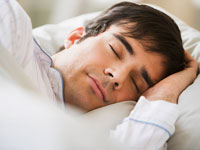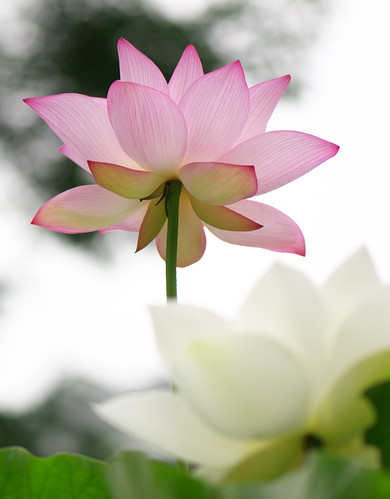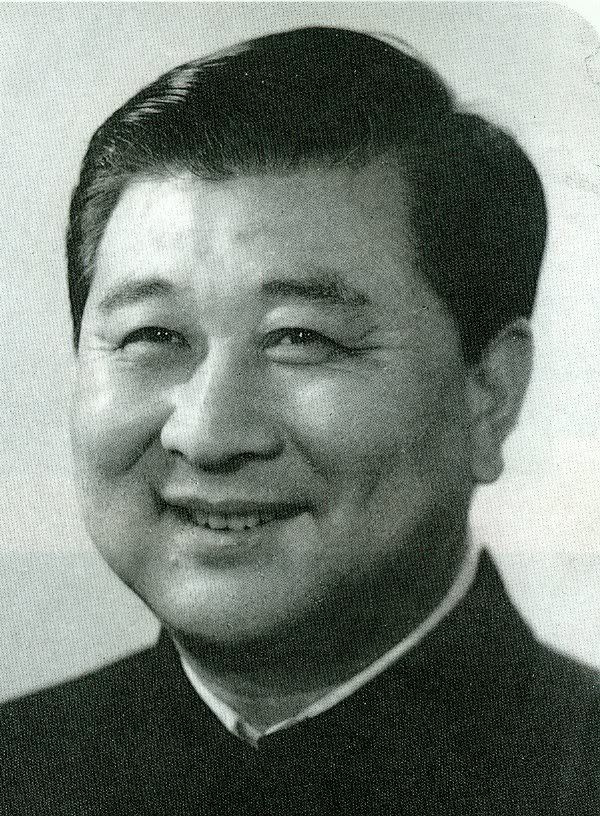Some medical symptoms are warnings that you need immediate care. Learn to recognize these six.
By Katherine Kam
WebMD Feature
That new symptom is troubling: the inexplicable swelling in your calf or the blood in your urine. Could it be serious or even life-threatening?
"Your body flashes signals -- symptoms and signs -- that warn you of potential problems," say Neil Shulman, MD, Jack Birge, MD, and Joon Ahn, MD. The three Georgia-based doctors are the authors of the recently revised book Your Body's Red Light Warning Signals.
Fortunately, many symptoms turn out not to be serious. For example, the majority of headaches stem from stress, eyestrain, lack of sleep, dehydration, caffeine withdrawal, and other mundane causes.
But a sudden, agonizing "thunderclap" headache -- the worst of your life -- could mean bleeding in the brain. Being able to recognize this serious symptom and calling 911 may save your life.
Here are six important flashing signals:
1. Paralysis of the arms or legs, tingling, numbness, confusion, dizziness, double vision, slurred speech, trouble finding words, or weakness, especially on one side of the face or body.
These are signs of stroke -- or a "brain attack" -- in which arteries that supply oxygen to the brain become blocked or rupture, causing brain tissue to die.
Symptoms depend on which area of the brain is involved. If a large blood vessel is blocked, a wide area may be affected, so a person may have paralysis on one side of the body and lose other functions, such as speech and understanding. If a smaller vessel is blocked, paralysis may remain limited to an arm or leg.
If you have symptoms, call 911 right away and get to an emergency room that offers clot-busting therapy for strokes due to blocked vessels. Such treatment, which dissolves clots in blocked vessels, needs to be given within the first three hours after symptoms begin, but newer treatments may work within a longer time frame, says Birge, who is medical director at the Tanner Medical Center in Carrollton, Ga.
Timing is urgent; fast treatment can potentially stop brain tissue death before permanent brain injury happens. "There is a time clock ticking as to when you might totally recover," Birge tells WebMD.
2. Chest pain or discomfort; pain in the arm, jaw, or neck; breaking out in a cold sweat; extreme weakness; nausea; vomiting; feeling faint; or being short of breath.
These are signs of heart attack. If you get some of these symptoms, call 911 immediately and go to the emergency room by ambulance. Shulman and Birge also recommend that patients chew one regular, full-strength aspirin (unless they're allergic to aspirin) to help prevent damage to the heart muscle during a heart attack.
Not everyone who has a heart attack feels chest pain or pressure or a sense of indigestion. Some people, especially women, the elderly, and people with diabetes, get "painless" heart attacks, the doctors say. Being aware of "painless" heart attack signs is crucial: a very weak feeling, sudden dizziness, a pounding heart, shortness of breath, heavy sweating, a feeling of impending doom, nausea, and vomiting.
Both doctors say that it's important to learn heart attack signs and understand them in context. "Everybody has jaw pain. You don't immediately run and say, 'I've got a heart attack,'" Shulman tells WebMD. He is an associate professor of internal medicine at Emory University School of Medicine in Atlanta. "But if you're also sweating and you have some of these other symptoms -- shortness of breath and so forth -- then that's going to tip you off that there's something much more serious happening."
3. Tenderness and pain in the back of your lower leg, chest pain, shortness of breath, or coughing up blood.
These are symptoms of a potentially dangerous blood clot in your leg, especially if they come after you've been sitting for a long time, such as on an airplane or during a long car trip. These signs can also surface if you've been bedridden after surgery.
"Anybody is susceptible," Birge says. He adds that such blood clots are more common than most people and doctors realize.
Blood is more likely to pool in your legs when you're sitting or lying down for long periods of time, as opposed to standing and walking. If a blood clot forms in your leg as a result, your calf can feel swollen, painful, and tender to the touch; you should be evaluated. If you get sudden chest pain or shortness of breath, a piece of the blood clot may have broken off and traveled through the bloodstream to your lungs. This condition can be life-threatening, so get to an emergency room without delay.
4. Blood in the urine without accompanying pain.
Anytime you see blood in your urine, call your doctor promptly, even if you have no pain.
Kidney stones or a bladder or prostate infection are common causes of blood in the urine. But these problems are usually painful or uncomfortable, which sends people to the doctor promptly.
In contrast, when people see blood in their urine but feel no pain, some take a "wait and see" approach, especially if they just have one episode. "But you can't have this attitude," Shulman says. Lack of pain doesn't necessarily mean lack of seriousness.
Cancer of the kidney, ureter, bladder, or prostate can cause bleeding into the urinary tract; when these cancers are small enough to be curable, they may not cause pain. So don't dismiss this important sign because, according to Shulman and Birge, "blood in the urine may be the only clue for an early diagnosis."
5. Asthma symptoms that don't improve or get worse.
Asthma attacks are marked by wheezing or difficulty breathing. When an attack doesn't improve or worsens, a patient should get emergency care.
If an asthma attack is left untreated, it can lead to severe chest muscle fatigue and death, say Shulman and Birge. Some people with persistent asthma hesitate to go to the emergency room because they've gone so many times before, or they need someone to drive them because they're too short of breath. So instead of seeking care, "They try to hang in there," Birge says, even if they need higher doses of inhalants or have decreasing lung function measurements when using a device to measure how well they move air out of their lungs.
Because asthma makes breathing difficult, the muscles for breathing may tire and the volume of air exchanged by the lungs will decrease. As a result, a person's oxygen level drops while blood levels of carbon dioxide rise. As Birge and Shulman explain in their book, "A carbon dioxide buildup in the blood has a sedating effect on the brain, which may cause you to feel even drowsier. You may lose the motivation or energy to breathe."
"A person with asthma who seems to be relaxing more, who seems to not be struggling for breath anymore -- even though they've been at it for six or eight hours -- may actually be worse. It could be a sign of respiratory fatigue," Birge says. Eventually, the person could stop breathing.
"They're really in a big danger zone," Shulman adds. Patients believe they're getting better when they're actually getting worse, he says. "They become sedated and seem to be peaceful when actually, they're dying."
One of the most important considerations is how long an attack lasts, according to both doctors. "If you've been having labored respirations with the asthma not relenting after a period of several hours, even though you may be apparently doing OK, don't let it go any longer," Birge says. "Get on to the emergency room."
6. Depression and suicidal thoughts.
Few people would put up with crushing chest pain or extreme shortness of breath, but many endure depression, even though at its extreme it can be life-threatening.
"Depression can be a very, very serious problem because people can commit suicide," Shulman says. "Some people will not seek care when they are depressed because they think that they'll be perceived as being crazy or not strong or not manly, and they have to understand that there is a chemical imbalance going on in their brain. It is a disease just like any other disease."
Symptoms of depression include sadness, fatigue, apathy, anxiety, changes in sleep habits, and loss of appetite. Depression can be treated with medications and psychotherapy.
If you have suicidal thoughts, you can speak to someone right away by calling national phone numbers such as 1-800-273-TALK or 1-800-SUICIDE.
Speak Up When You Think Something Is Wrong
Doctors are human: They can miss important diagnoses, including heart attacks. A patient's awareness and vigilance can make a difference, Shulman says.
"My feeling is, as a doctor, I want a patient who's informed. I'd rather have a patient who's informed, who's helping me so I won't make a mistake," Shulman says. "And I can be honest and say, 'I'm human. Don't be intimated by me because I have a white coat on. Don't be intimidated by me because I'm using big words.'"
If patients can recognize potentially serious symptoms, they'll have more power when they go to the doctor or the emergency room, he adds. "You have enough to say, 'Well, have you ruled out this problem?'
(We received this article via an e-mail.)
 (We received this article via an e-mail.)
(We received this article via an e-mail.)













































